General description
The gene AMT (aminomethyltransferase) is mapped to human chromosome 3p21.2-p21.1. It consists of nine exons and spans a length of 6kb. It lacks typical TATAA sequence, but contains two putative glucocorticoidresponsive elements and a putative thyroid hormone-responsive element. AMT and other conserved proteins are involved in ammonia transport across membranes in animals, microbes and plants.
Immunogen
Aminomethyltransferase, mitochondrial Precursor recombinant protein epitope signature tag (PrEST)
Application
All Prestige Antibodies Powered by Atlas Antibodies are developed and validated by the Human Protein Atlas (HPA) project and as a result, are supported by the most extensive characterization in the industry.
The Human Protein Atlas project can be subdivided into three efforts: Human Tissue Atlas, Cancer Atlas, and Human Cell Atlas. The antibodies that have been generated in support of the Tissue and Cancer Atlas projects have been tested by immunohistochemistry against hundreds of normal and disease tissues and through the recent efforts of the Human Cell Atlas project, many have been characterized by immunofluorescence to map the human proteome not only at the tissue level but now at the subcellular level. These images and the collection of this vast data set can be viewed on the Human Protein Atlas (HPA) site by clicking on the Image Gallery link. We also provide Prestige Antibodies® protocols and other useful information.
Biochem/physiol Actions
The gene AMT (aminomethyltransferase) is also referred to as the T-protein of the glycine cleavage system (GCS) as it encodes a protein subunit in the GCS. Mutations in this gene have been linked to glycine encephalopathy that is characterized by accumulation of high concentrations of glycine in the CNS and the rest of the body. This may cause seizures, hypotonia, and developmental delay. AMT functions in transporting ammonium ions by forming channels or pores in the membrane. The physiological role of human electroneutral NH3 transporters/channels in erythrocytes, liver, and kidney is associated with acid–base balance and homeostasis. Distal kidney epithelia are less permeable to ammonium ions but mediate net transport of NH3.
Features and Benefits
Prestige Antibodies® are highly characterized and extensively validated antibodies with the added benefit of all available characterization data for each target being accessible via the Human Protein Atlas portal linked just below the product name at the top of this page. The uniqueness and low cross-reactivity of the Prestige Antibodies® to other proteins are due to a thorough selection of antigen regions, affinity purification, and stringent selection. Prestige antigen controls are available for every corresponding Prestige Antibody and can be found in the linkage section.
Every Prestige Antibody is tested in the following ways:
- IHC tissue array of 44 normal human tissues and 20 of the most common cancer type tissues.
- Protein array of 364 human recombinant protein fragments.
Linkage
Corresponding Antigen APREST70252.
Physical form
Solution in phosphate-buffered saline, pH 7.2, containing 40% glycerol and 0.02% sodium azide
Legal Information
Prestige Antibodies is a registered trademark of Sigma-Aldrich Co. LLC
Disclaimer
Unless otherwise stated in our catalog or other company documentation accompanying the product(s), our products are intended for research use only and are not to be used for any other purpose, which includes but is not limited to, unauthorized commercial uses, in vitro diagnostic uses, ex vivo or in vivo therapeutic uses or any type of consumption or application to humans or animals.
- UPC:
- 41116126
- Condition:
- New
- Weight:
- 1.00 Ounces
- HazmatClass:
- No
- WeightUOM:
- LB
- MPN:
- HPA005566-100UL












